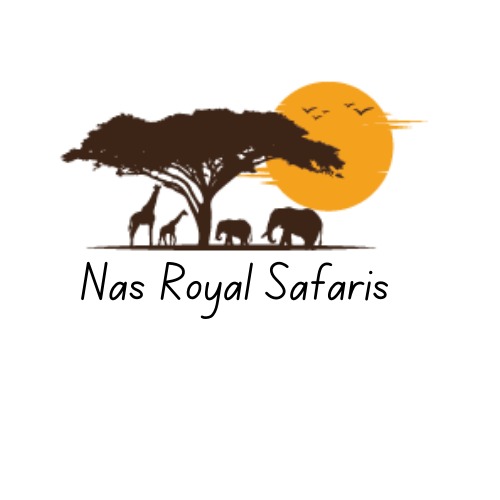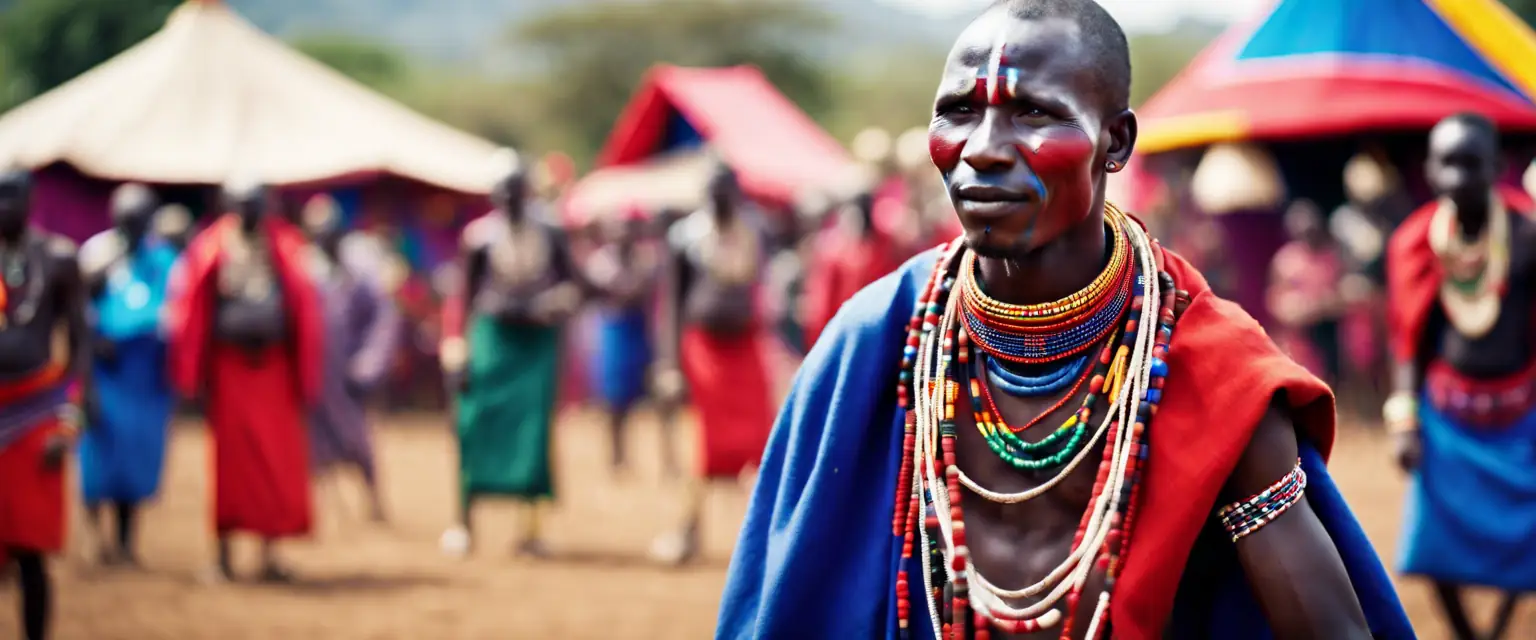Discover the Cultural Richness of Tanzania: A Journey Through Traditions and Heritage
Tanzania is much more than its breathtaking landscapes and iconic wildlife—it’s a vibrant tapestry of cultures, traditions, and communities. With over 120 ethnic groups, Tanzania is a true melting pot of diverse cultural influences that have shaped its identity. Whether you’re drawn to the ancient traditions of the Maasai or the coastal Swahili way of life, engaging with local communities can enhance your travel experience in profound ways. Here’s a detailed guide on how to immerse yourself in Tanzania’s rich cultural heritage and make the most of your visit.
Embrace the Diversity of Tanzania’s Ethnic Groups
Tanzania’s cultural diversity is vast, with each ethnic group contributing unique traditions, languages, and customs. From the Hadzabe hunter-gatherers in the north to the Chagga farmers living on the slopes of Mount Kilimanjaro, every community offers a distinctive perspective on Tanzanian life. Cultural tours are an excellent way to engage with these communities and gain insight into their daily lives, while also contributing to sustainable tourism that benefits local economies.
Example : If you visit the Hadzabe people, one of the last remaining hunter-gatherer tribes in Tanzania, you’ll experience their traditional way of life. You might join them on a hunt or learn how they gather fruits and medicinal plants—a rare opportunity to connect with one of the world’s most ancient cultures.
Pro Tip: When visiting local communities, it’s essential to approach with respect and curiosity. Learn a few words of the local language (such as Swahili) to show appreciation, and always ask for permission before taking photos.
Visit a Maasai Village: A Glimpse into a Proud Warrior Culture
One of the most popular cultural experiences in Tanzania is visiting a Maasai village. The Maasai, known for their striking red attire and intricate beadwork, are a semi-nomadic people with a long-standing tradition of cattle herding. A visit to a Maasai village offers a unique opportunity to witness their way of life up close. You can participate in daily activities such as milking cattle, enjoy a traditional meal, or even join in their famous jumping dance, known as the “adumu.”
Example: Imagine spending the afternoon in a Maasai village where you’re greeted with warmth and hospitality. As the sun sets, the Maasai warriors perform their energetic dance, leaping high into the air, while the women sing traditional songs. Later, you sit around a fire, sharing stories and enjoying a simple but flavorful meal of ugali (cornmeal porridge) and freshly grilled meat.
Pro Tip: To fully appreciate the Maasai way of life, consider staying overnight in a Maasai community as part of an organized cultural homestay. This allows for deeper interaction and gives you more time to engage in daily routines, rituals, and activities. It’s also a wonderful opportunity to purchase authentic Maasai beadwork directly from artisans, supporting the community economically.
Explore the Coastal Swahili Culture: A Fusion of African, Arab, and Persian Influences
Tanzania’s coastal regions, including Zanzibar and Dar es Salaam, are the heart of Swahili culture, a rich blend of African, Arab, and Persian influences. Swahili culture is deeply intertwined with the history of trade across the Indian Ocean, and you’ll find a unique mix of languages, architecture, and culinary traditions here. Visiting the ancient stone towns, bustling fish markets, and spice farms of Zanzibar provides a window into the island’s history and its role in the spice trade.
Example: While in Zanzibar’s Stone Town, explore the labyrinthine streets lined with intricately carved wooden doors and visit the House of Wonders, a historic building that reflects the island’s sultanate past. You can also visit a traditional spice farm to learn about the cultivation of cloves, cinnamon, and nutmeg, which have been traded here for centuries.
Pro Tip: Don’t miss the chance to try local Swahili dishes like pilau rice (spiced rice with meat or vegetables) or urojo soup, a tangy and spicy Zanzibar street food delicacy. Take part in a Swahili cooking class to bring a taste of Tanzania back home with you.
Attend Local Festivals: A Celebration of Music, Dance, and Art
Attending a local festival in Tanzania is one of the best ways to immerse yourself in the country’s lively cultural scene. Tanzania hosts numerous festivals throughout the year, each showcasing the vibrant music, dance, art, and traditions of different ethnic groups. One of the most famous is the Ngoma Festival, which brings together traditional dance groups from across the country to perform in a colorful celebration of Tanzanian culture.
Another notable event is the Saba Saba Festival in Dar es Salaam, celebrated on July 7th. Originally a political event, it has evolved into a national fair showcasing Tanzanian craftsmanship, agriculture, and industry, with plenty of opportunities to enjoy live music and traditional performances.
Example: Picture yourself at the Ngoma Festival, surrounded by dancers in bright costumes, moving rhythmically to the beat of traditional drums. Each dance tells a story—whether of harvest, marriage, or rites of passage—while the crowd cheers and claps along. The festival is a sensory feast of color, sound, and movement.
Pro Tip: If you plan your visit around a festival, research the cultural significance of the event beforehand. This will give you a deeper appreciation of what you’re witnessing and help you engage with locals in a more meaningful way. Always dress modestly and be respectful of any cultural practices you observe.
Support Sustainable Tourism: Make a Positive Impact
Engaging with Tanzania’s local cultures not only enriches your travel experience but also helps foster sustainable tourism. By participating in cultural tours, attending local events, and purchasing locally made crafts, you directly contribute to the livelihoods of the communities you visit. Many cultural tours are organized in collaboration with local residents, ensuring that tourism benefits are fairly distributed.
Example: When visiting a Maasai village or a coastal Swahili community, ask your guide about opportunities to support local initiatives, such as educational programs or women’s cooperatives. Purchasing handmade jewelry or textiles, for example, helps preserve traditional crafts and supports local artisans.
Pro Tip: Look for tour operators and guides who practice responsible tourism by working closely with local communities. Ethical tourism not only enhances your experience but also ensures that your visit leaves a positive impact on the people and places you encounter.
Embrace the Cultural Tapestry of Tanzania
Tanzania is a country of incredible cultural diversity, offering travelers a wealth of opportunities to connect with its people and traditions. Whether you’re dancing with Maasai warriors, savoring the flavors of Swahili cuisine, or marveling at the artistry of local festivals, embracing Tanzania’s rich cultural heritage will deepen your understanding of the country and leave you with unforgettable memories. By engaging in cultural tourism, you also contribute to the preservation of these traditions and support sustainable, community-driven development.

